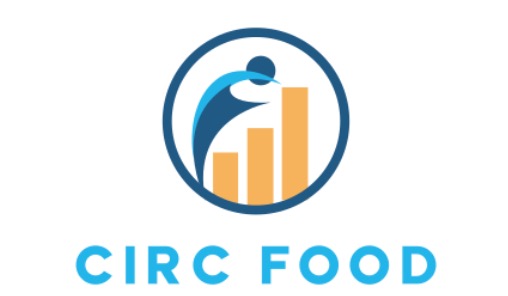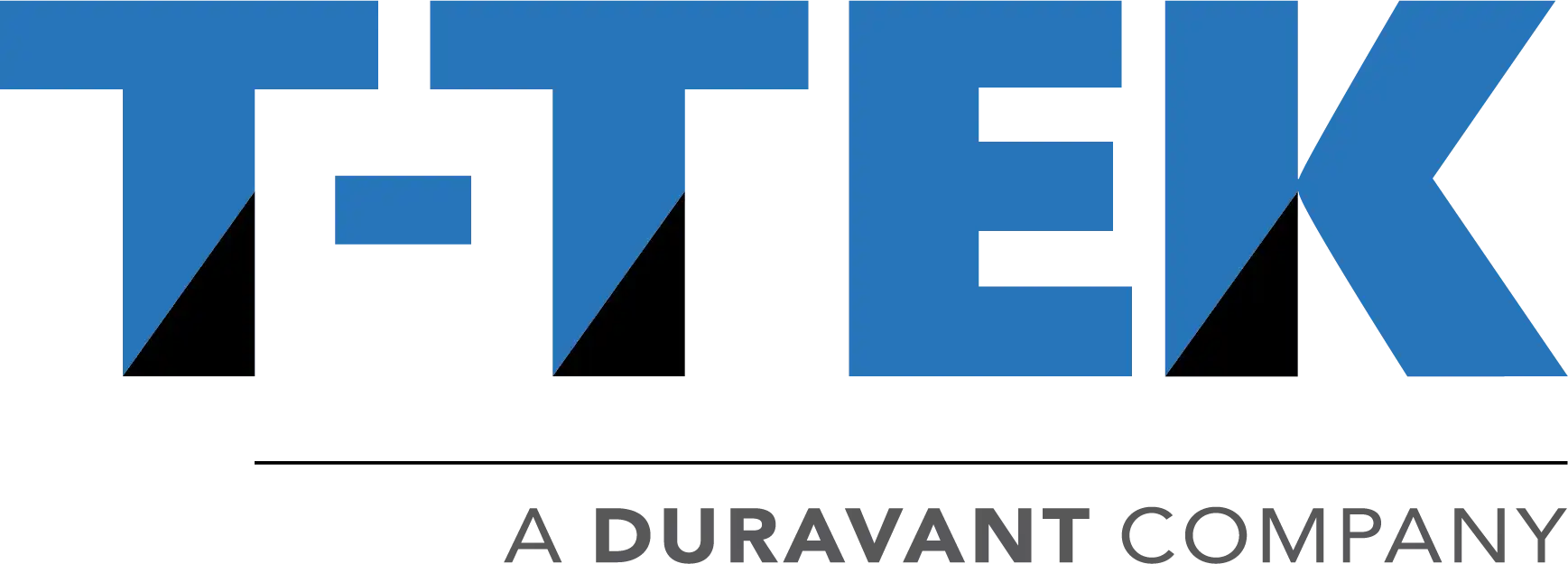Unlocking Efficiency: The Rise of Reusable RFID Tags in Inventory Management and Their Impact on Supply Chains
The advent of Reusable RFID Tags is revolutionizing inventory management, offering businesses enhanced efficiency and accuracy in tracking assets throughout the supply chain. According to a recent report by the RFID Journal, companies utilizing reusable RFID technology have reported a staggering 25% reduction in inventory management costs, coupled with a 30% increase in inventory accuracy. These tags, which can withstand multiple cycles of use, not only minimize waste in traditional tagging methods but also significantly lower overall expenses related to tagging and tracking.
The capability to quickly and accurately identify products enhances operational efficiency, leading to improved customer satisfaction and streamlined supply chain processes. As industries increasingly recognize the economic and operational benefits of Reusable RFID Tags, their adoption is poised to reshape inventory management practices and bolster supply chain resilience in a rapidly evolving market landscape.
The Transformation of Inventory Management with Reusable RFID Tags
The adoption of reusable RFID tags is revolutionizing inventory management, offering a sustainable approach that enhances accuracy and efficiency. Unlike traditional single-use tags, reusable RFID tags can be wiped clean and reprogrammed for multiple uses, significantly reducing waste and costs associated with inventory tracking. This capability not only streamlines the tagging process but also enables companies to maintain tighter control over their assets. As businesses focus on sustainable practices, incorporating these tags into their systems results in enhanced operational efficiency and a smaller environmental footprint.
Tips: When integrating reusable RFID tags, consider implementing a robust management system for tracking their lifecycle. Regular audits can ensure that all tags are functioning properly and being utilized effectively. Additionally, investing in training for staff can maximize the potential of RFID technology, empowering them to leverage its capabilities fully.
The impact of reusable RFID tags goes beyond inventory management; they improve supply chain visibility and communication. By easily scanning tags throughout the supply chain, organizations gain real-time insights into stock levels and movement. This improved visibility leads to better decision-making and resource allocation, ultimately contributing to a more resilient supply chain.
Tips: Establish strong partnerships with suppliers who are also utilizing RFID technology. This alignment can lead to optimized inventory levels and reduced lead times, enhancing the overall efficiency of supply chain operations.
Cost-Benefit Analysis of Implementing Reusable RFID Technology
The implementation of reusable RFID (Radio Frequency Identification) technology in inventory management presents a significant opportunity for businesses to optimize their supply chains. A cost-benefit analysis reveals that while the initial investment may be higher compared to traditional, single-use tags, the long-term savings can be substantial. Reusable RFID tags can reduce waste and lower replacement costs, making them an environmentally friendly and economically viable option.
Tips for companies considering this transition include conducting a thorough assessment of current inventory processes to identify specific areas where RFID can enhance efficiency. Additionally, investing in training for employees on how to effectively use RFID technology can facilitate a smoother implementation and increase overall productivity. By strategically planning the integration of reusable RFID tags, businesses can harness this technology to improve tracking accuracy and reduce operational costs.
Moreover, the scalability of reusable RFID systems allows companies to adapt to varying inventory sizes and types without incurring excessive expenses. Organizations should also explore partnerships with technology providers to ensure they select the most suitable RFID solutions tailored to their needs. Incorporating these strategies will not only offer a clearer picture of inventory levels but also contribute positively to the overall supply chain performance.
Cost-Benefit Analysis of Implementing Reusable RFID Technology in Inventory Management
Enhancing Supply Chain Visibility Through Reusable RFID Solutions
The modern supply chain is evolving, with reusable RFID (Radio Frequency Identification) tags emerging as a pivotal solution for enhancing visibility throughout the inventory management process. By providing real-time data on stock movements, these tags allow companies to track inventory with unprecedented accuracy. This capability leads to reduced discrepancies between physical stock and recorded inventory, ensuring that businesses maintain optimal stock levels and can respond swiftly to demand fluctuations.
Moreover, reusable RFID solutions contribute to sustainability efforts by minimizing waste generated from traditional single-use tags. As companies increasingly prioritize eco-friendly practices, the ability to reuse RFID tags not only aids in cost savings but also aligns with the broader goal of responsible resource management. Enhanced supply chain visibility, fueled by these innovative technologies, empowers organizations to make informed decisions, streamline operations, and ultimately improve customer satisfaction by ensuring that products are available when needed.
Unlocking Efficiency: The Rise of Reusable RFID Tags in Inventory Management and Their Impact on Supply Chains - Enhancing Supply Chain Visibility Through Reusable RFID Solutions
| Data Dimension | Reusable RFID Tags | Impact on Inventory Management | Supply Chain Visibility |
|---|---|---|---|
| Tag Lifespan | Up to 10 years | Reduces reordering needs | Improved tracking accuracy |
| Cost Savings | 30%-50% compared to disposable | Lower operational costs | Greater inventory turnover |
| Environmental Impact | Reduces waste | Sustainable practices | Enhances brand reputation |
| Integration Time | Quick setup | Minimal disruption | Faster implementation of changes |
| Data Collection Frequency | Real-time tracking | Instant data availability | Enhanced decision making |
Case Studies: Successful Adoption of Reusable RFID Tags in Various Industries
Reusable RFID tags are transforming inventory management across various industries, as demonstrated by several successful adoption case studies. According to a recent report by IDTechEx, the reusable RFID tag market is projected to grow significantly, with an anticipated CAGR of 15% through 2025. This growth is fueled by retailers and manufacturers looking to enhance asset visibility and operational efficiency. For instance, Zara, a leader in the fashion retail space, reported a 30% reduction in stock discrepancies after implementing reusable RFID tags, streamlining their inventory processes in the fast-paced retail environment.
In logistics, companies like Siemens are leveraging these innovative tags to optimize supply chain operations. A case study showed that Siemens was able to reduce its inventory management time by 50% by incorporating reusable RFID tags, resulting in improved order fulfillment and reduced operational costs. Furthermore, the global supply chain saw enhancements in traceability and inventory accuracy, with studies indicating an average improvement of 25% in stock visibility. This data underscores the promising impact of reusable RFID technology in driving efficiency throughout the supply chain.
Future Trends: The Role of Reusable RFID Tags in Supply Chain Innovation
The adoption of reusable RFID tags is poised to revolutionize supply chain management, marking a significant shift towards more sustainable and efficient practices. According to a 2023 report from Gartner, companies utilizing RFID technology have seen a 30% increase in inventory accuracy and a 25% reduction in labor costs associated with inventory management. This growing trend is not only enhancing operational efficiency but also contributing to the reduction of waste generated from single-use packaging materials. As organizations become more environmentally conscious, the implementation of reusable RFID tags aligns with their sustainability goals while driving cost savings.
Furthermore, as supply chains increasingly embrace digital transformation, reusable RFID tags are becoming integral to innovations in real-time tracking and data analytics. A study by IDTechEx estimates that the reusable RFID market could grow by 15% annually by 2026. This surge is attributed to their capacity to streamline processes such as asset tracking and inventory audits, allowing businesses to respond swiftly to market demands. By integrating these tags into their operations, companies can achieve greater visibility and control, ultimately fostering a more agile and resilient supply chain.









